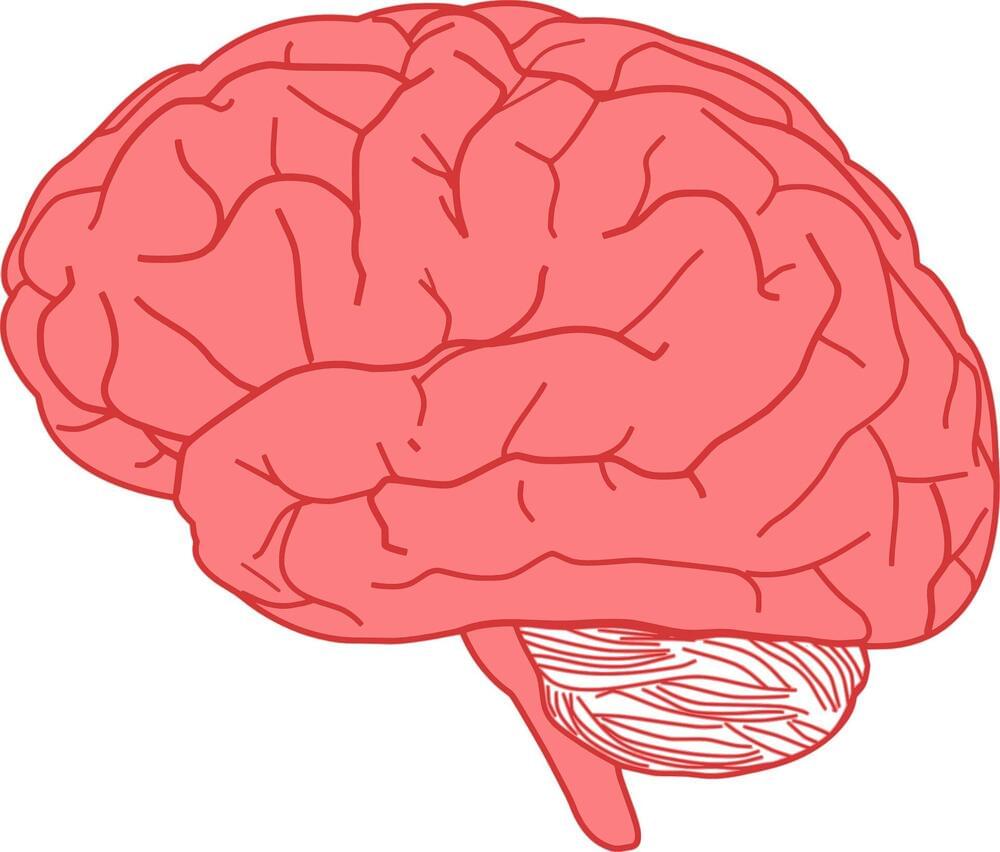A study from Tel Aviv University could reshape our scientific understanding of how humans learn and form memories, particularly through classical and operant conditioning.
The research team found that our brain engages in a fierce competition between these two learning systems, and that only one can prevail at any given time. This means that if we try to learn two conflicting actions for the same situation simultaneously, the result will be confusion, making it difficult to perform either action when encountering the situation again.
In their study, the researchers demonstrate this phenomenon in fruit flies. When the flies were trained to associate a smell with a randomly delivered electric shock (classical conditioning) and also to connect their own actions to the smell and shock (operant conditioning), the flies became confused and failed to exhibit a clear response to the shock.
